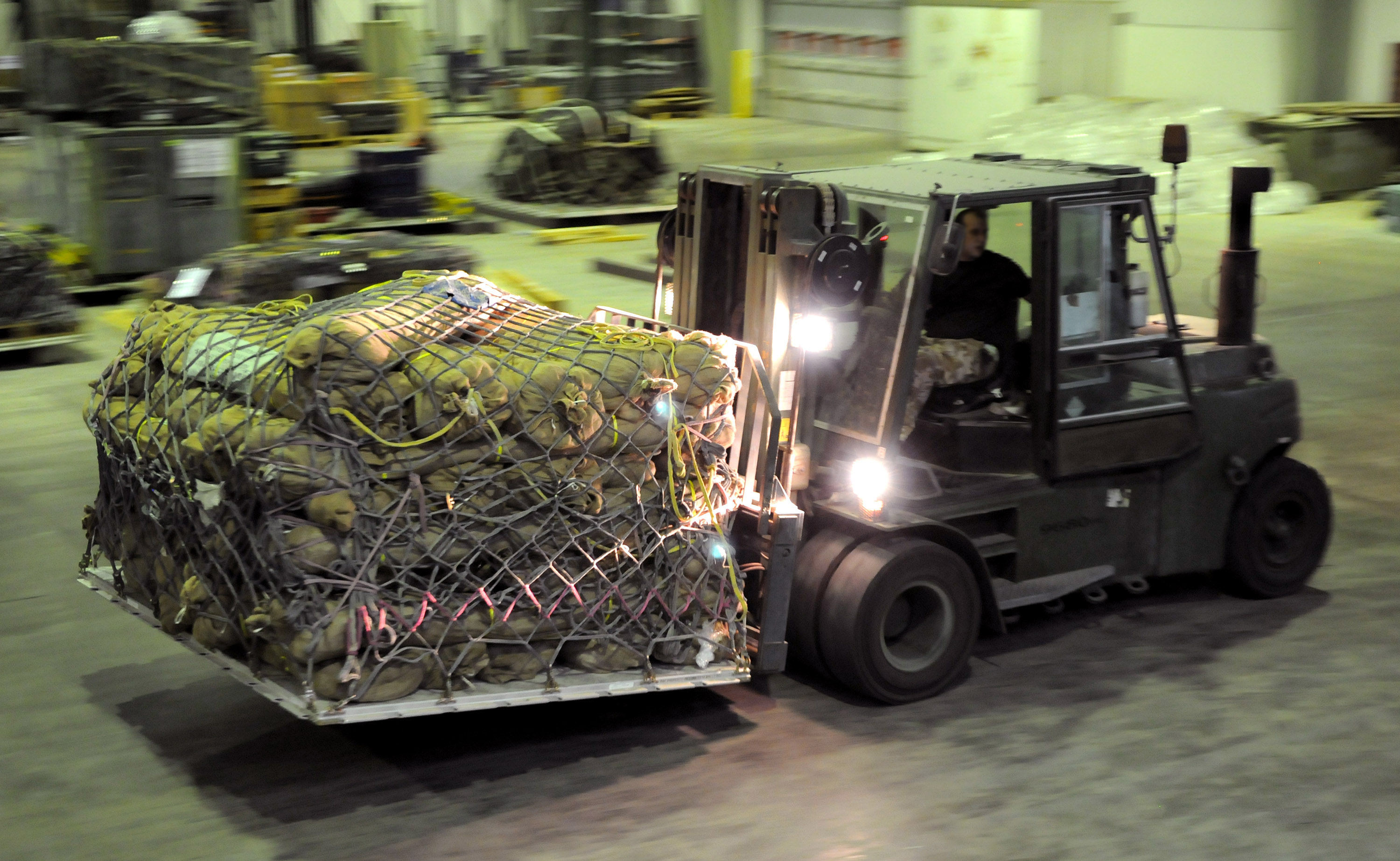 So, how does an accountant perform a price comparison? Does he or she use one specific method over another? Are there any tricks or techniques to it? For many accountants – and customers – the trick to a price comparison is simply knowing the prices and how to compare them to work out which way is the cheapest. Other accountants take a more advanced route and look at other factors before they make a decision. This way they can work out the most cost efficient way, rather than just going for the cheapest price.
So, how does an accountant perform a price comparison? Does he or she use one specific method over another? Are there any tricks or techniques to it? For many accountants – and customers – the trick to a price comparison is simply knowing the prices and how to compare them to work out which way is the cheapest. Other accountants take a more advanced route and look at other factors before they make a decision. This way they can work out the most cost efficient way, rather than just going for the cheapest price.
Is this The Job of an Accountant?
Most accountants tend to stick with doing calculations and reconciling accounts, keeping records and tax paperwork rather than getting involved in doing price comparisons. They don’t tend to have much, if any, involvement in purchase decision, how and when a company acquires equipment, or rental decisions. However, some do so it is worth taking a look at whether an accountant’s view on the matter can be of any help.
When you get an accountant involved in your business, they expect far more details. They want more numbers to crunch so that they can work out the perfect price comparison for your benefit. Let’s say you are considering renting a forklift. There is quite a bit that needs to be taken not consideration, including features and rental prices before you can make a decision. Using a site like this to check forklift rental prices is a good place to start.
The accountant wants to look at all the factors involved including working out which ones suit your budget. Most accountants are educated enough to know that forklifts don’t necessary have a great deal of difference in features or quality especially used ones. Reliability shouldn’t be an issue because if there are any defects, it’s easy to get a replacement forklift or your money back.
The most important part is the price but there are also a few other things to consider as well:
Lift Height and Load Size – The forklift must be fully capable of doing the job you are hiring it for. Can it extend tall enough and can it carry enough load?
Terrain – Is it suitable for the terrain it will be working on? If you rent one that is only fit for paved areas and then use it on a more difficult terrain, it will give you problems and won’t be suitable.
Fuel Efficient – This may not be the easiest to figure out so it should only be used as a deciding factor. Obviously, the more fuel-efficient it is, the lower the overall costs.
Driver’s Preference – If you already have your driver decided on it may be better to let them decide. He will know which ones are best in terms of load and lift, efficiency and ease of use. This is more common sense than an accountant’s advice
Rent or Buy – If you are likely to need a forklift for several different jobs or are renting long term, it may be more cost effective to compare prices of used forklifts for sale before making your decision.
You don’t need to be an accountant to work out price comparisons. Most of it common sense and you don’t need to be fully au fait with accounting standards to make your mind up.